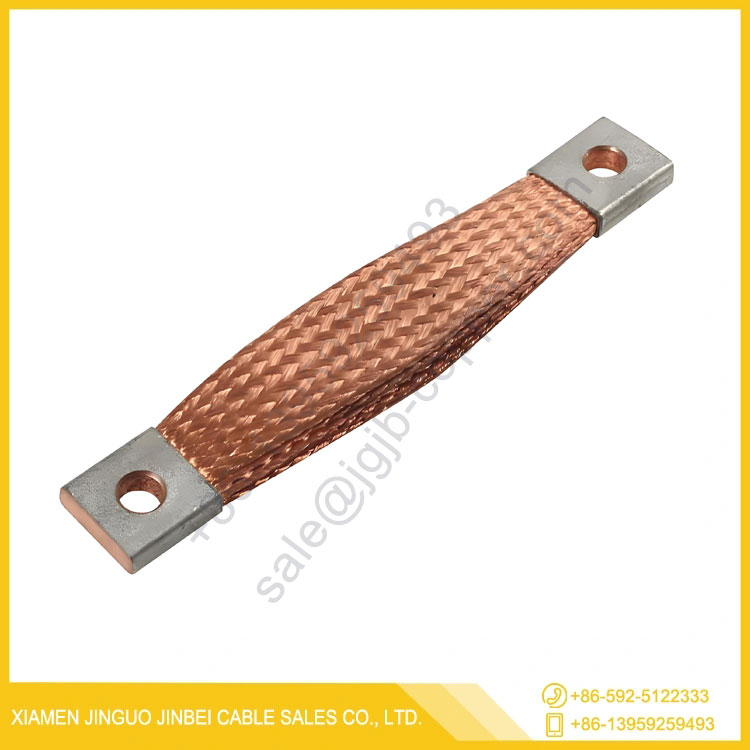A Comprehensive Guide to Braided Copper: Features and Applications
2025-02-06
Braided copper is a highly flexible and conductive material used in various electrical and industrial applications. It consists of multiple strands of copper woven together, providing excellent durability, conductivity, and flexibility. This material is widely used for grounding, shielding, and power distribution in different industries, including automotive, aerospace, and telecommunications.
What Is Braided Copper
Braided copper is made by weaving thin copper wires into a flexible structure, allowing it to bend and move without breaking. It is available in different forms, such as flat, tubular, and round braids, each designed for specific uses. The woven design enhances electrical performance while maintaining mechanical strength.
Key Features of Braided Copper
High Conductivity Ensures efficient electrical transmission with minimal resistance
Flexibility Allows for easy installation in dynamic or confined spaces
Durability Resistant to wear, vibration, and mechanical stress
Corrosion Resistance Many braided copper wires are tinned or coated to prevent oxidation
Heat Resistance Can withstand high temperatures without losing performance
Common Applications of Braided Copper
Electrical Grounding
Braided copper is widely used for grounding applications in electrical systems. It provides a reliable connection to reduce electrical faults and protect equipment from power surges.
Power Distribution
Its excellent conductivity makes it ideal for power transmission in industrial and commercial settings. Braided copper is often used in busbars, switchgear, and battery connections.
Electromagnetic Shielding
Braided copper is commonly used as a shield in electrical cables to reduce electromagnetic interference, ensuring stable signal transmission in communication and power systems.
Automotive and Aerospace Industries
Due to its flexibility and strength, braided copper is used in battery grounding, engine wiring, and other electrical components in vehicles and aircraft.
Industrial and Machinery Applications
Braided copper is used in industrial machines that require flexible and durable electrical connections, especially in environments with continuous movement and vibration.
How to Choose the Right Braided Copper
When selecting braided copper, consider the following factors
Size and Cross-Section The thickness and width of the braid determine its electrical capacity
Material Type Choose between bare, tinned, or silver-plated copper based on environmental conditions
Flexibility Requirements Select the appropriate braid structure depending on movement and space constraints
Operating Temperature Ensure the material can withstand the temperature range of your application
Conclusion
Braided copper is an essential component in many electrical and industrial applications. Its combination of flexibility, conductivity, and durability makes it ideal for grounding, shielding, and power distribution. Choosing the right type of braided copper ensures reliable performance and long-term efficiency in any electrical system.



